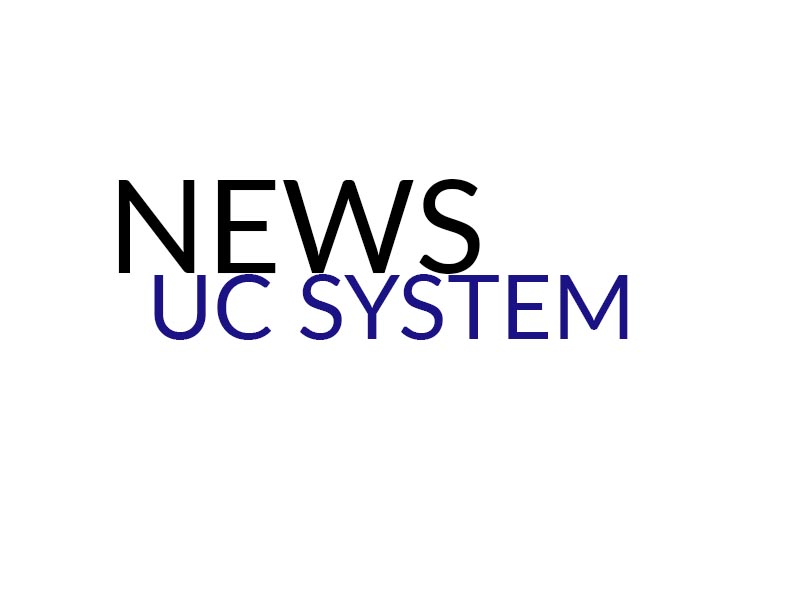The University of California will receive $3.41 billion in state funding for the 2016–17 school year — $356 million more than the previous year — according to the budget proposal Gov. Jerry Brown announced last Thursday.
The Governor’s Budget Summary proposes additional funding for all state campuses. Proposition 30, which would temporarily increase taxes from 2012–2018 to fund higher education, was passed in 2012, and since then the state has worked on an investment plan for public universities. The public university system has seen an increase in funding of about 30 percent during 2015–16, with funding for the UC system increasing by $761 million since 2012.
Kate Moser, media specialist at the UC Office of the President, told the UCSD Guardian that the plan includes a stipulation for one-time funds that will go towards deferred maintenance and pension funds; UCOP supports Gov. Brown’s continued support of education.
“The University of California appreciates the continuing support for higher education in Gov. Brown’s 2016–17 budget proposal,” Moser said. “State support is crucial to allowing us to keep tuition for California students at its current level for six consecutive years and ensuring that we maintain access, affordability and quality for our students.”
A.S. Vice President of External Affairs Krystl Fabella informed the Guardian that most of the funds will be going towards programs that do not affect students.
“Although there is increased funding, it’s important to understand where funds have been allocated and that it is not exactly being streamlined for per-pupil funding, but to cover a lot of liabilities and costs, like deferred maintenance and pensions,” Fabella said. “There will be no alleviation or decrease in attendance costs like we would hope for, especially in light of UC-wide housing and food insecurity crises, but it will help alleviate a lot of debt the UC has been running off of.”
Fabella also stated that an important part of the proposed budget is the addition of new students. She also told the Guardian that UCSD itself is unofficially required to increase new student enrollment by about 750 students and the entire UC system is expected to increase enrollment by 10,000 students in the next school year.
According to Fabella, the increased number of students adds an extra burden onto the student body.
“All we know right now is that there isn’t the infrastructure to take in 750 more students at the UC without, at the least, strategic planning for more residential halls, TAs, parking spaces and more,” Fabella added.
The University of California Student Association is advocating for an increase in the state’s per-capita contribution to UC student tuition as well as other plans that will benefit the student body.
“[Our demands] include full funding for the newly-enrolled students and to ensure that a student fee increase will not shoulder the costs,” Fabella said. “We are also demanding fund allocation for affordable housing initiatives, commitment to support the Global Food Initiative, expanding graduate enrollment, tier-one mental health services, public transportation stipends, reduced class sizes, and wages and benefits for on-campus service workers.”
UCSA President Kevin Sabo stated that while the UCSA appreciates additional funds, the budget plan needs to account for the influx to the UC system.
“Another part of the conversation that is left out by the governor and the university is that you can’t just add more undergraduate students without any consideration for who’s going to teach these students,” Sabo stated. “One of the biggest glaring omissions in the budget plan is a solution for food and housing security. Something that we’re really concerned about is the lack of housing affordability and availability as well as access to food.”
The leaders of UCSA suggested that students should get more involved in the decision-making process. Sabo pointed out to the Guardian that UCSD students in particular are in a better position than other UC students to make an impact.
“UCSD students are in a really unique position in that, at least for the next month and a half, your assemblymember is the Speaker of the Assembly, the most powerful officer of the assembly,” Sabo said, “Even after Speaker Atkins leaves…Marty Block is your Senate Speaker [and] he is on the Senate Education Committee…San Diego students, especially at UCSD, are pretty well-positioned to have a lot of influence.”
Gov. Brown will release a revised proposal in May and the California Legislature must approve the budget by July 1.








